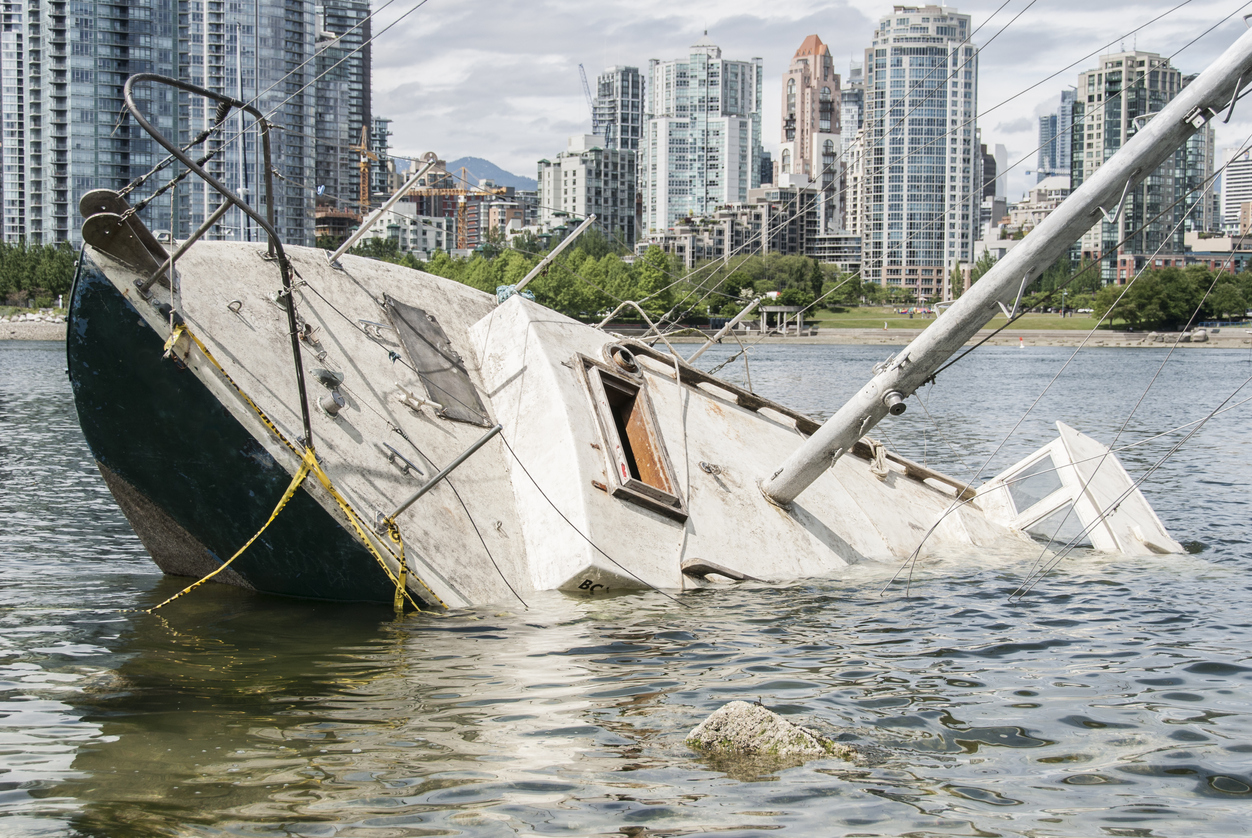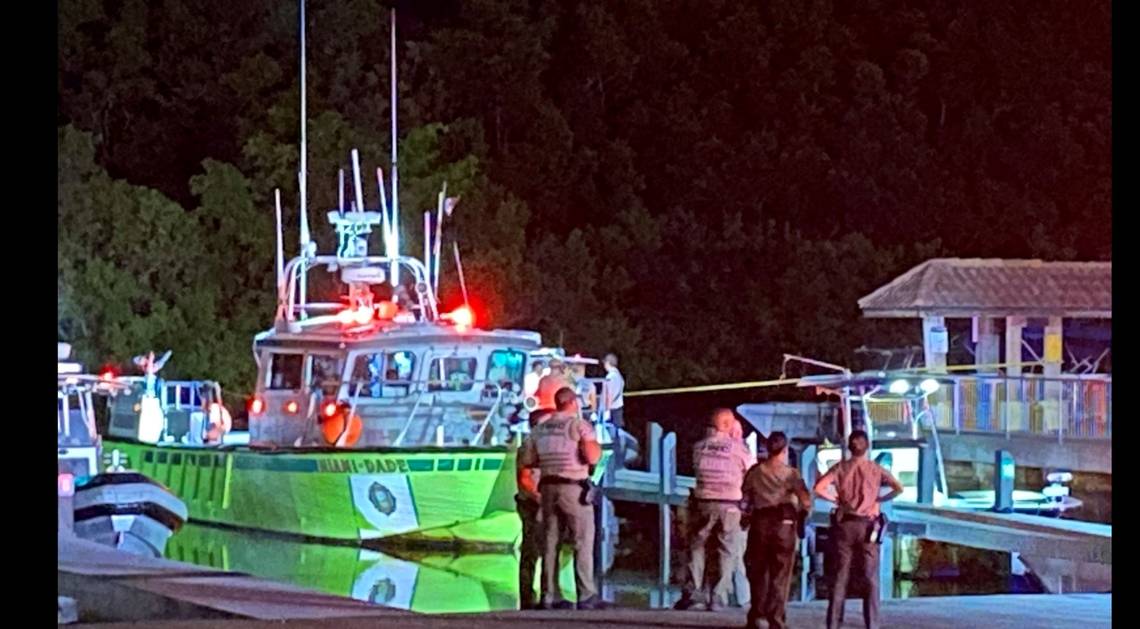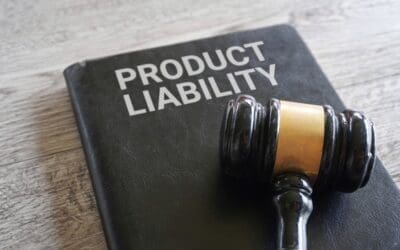Losing a loved one in a boating accident is devastating, and the path forward can feel overwhelming. Florida leads the nation in boating accidents, with 723 reported incidents in 2023 alone. Even more alarming, the U.S. Coast Guard reports that 75% of fatal boating accidents involve drowning, and 85% of victims were not wearing life jackets. These numbers highlight how quickly tragedy can strike on the water and why families often need immediate legal guidance afterward.
If you’re navigating the aftermath of such a loss, understanding your rights in a wrongful death lawsuit for boating accidents is critical. This guide will walk you through each step of the legal process, helping you protect your family’s future, secure rightful compensation, and hold negligent parties accountable while you focus on healing.
Key Takeaways
- Immediately render aid to survivors and call emergency services, as Florida Statute $327.30 requires.
- Report the accident to the Florida Fish and Wildlife Conservation Commission within the required timeframes and file a written report within 30 days.
- Stay at the scene, document everything, including vessel damage and weather conditions, and gather witness contact information and statements.
- Avoid speaking directly with insurance companies; let experienced maritime attorneys handle all communications to protect your legal position.
- Collect and preserve critical evidence, including vessel maintenance records, operator certifications, and official reports for potential wrongful death litigation.

Step 1: Provide Immediate Medical Assistance to Survivors
After a boating accident that results in loss of life, you still have a legal duty to assist survivors under Florida Statute $327.30. This obligation requires you to provide reasonable help at the scene, including stabilizing conscious injured individuals, checking unresponsive people for breathing and pulse, and calling emergency services immediately. Taking these steps is both a moral responsibility and a legal requirement that protects you from potential criminal charges.
Accident data shows why immediate action matters. In Florida, falls overboard accounted for 38% of all boating fatalities in 2023, many of which might have been prevented with timely aid. At the national level, 77% of victims in fatal boating accidents were not wearing life jackets. Keep a record of your help, since documented efforts can support your defense in a wrongful death lawsuit for boating accidents.
Step 2: Stay at the Accident Scene and Assist Others
You must remain at the accident scene once immediate medical aid has been given. You are also expected to help locate anyone who may have fallen overboard, assist others reasonably, and coordinate with emergency responders.
In 2023, over 30% of fatalities in Florida boating accidents occurred after victims fell into the water and could not be located quickly. Delayed rescue was identified as contributing to 19% of fatal boating accidents. By remaining calm, documenting who is present, and assisting survivors, you protect lives and reinforce your legal position in any wrongful death lawsuit for boating accidents.
Step 3: Contact Florida Authorities Within Required Timeframes
Once you’ve stabilized the immediate scene, you must report the boating accident within specific timeframes that depend on the severity of injuries and property damage. Following these deadlines is not only about legal compliance but also about protecting your rights and creating a clear record for a potential wrongful death lawsuit for boating accidents.
The reporting procedures mandate immediate notification to:
- Florida Fish and Wildlife Conservation Commission (FWC) Division of Law Enforcement – Primary contact for fatal boating accidents.
- County sheriff’s office where the accident occurred – Alternative reporting authority with jurisdiction.
- Local police department – Secondary option when other authorities are not available.
You must also file a written report within 30 days. In 2023, collisions with fixed objects accounted for 16% of Florida boating accidents. The U.S. Coast Guard reported that accidents involving open motorboats represented 47% of all boating fatalities nationwide. Missing these timelines can damage both insurance claims and legal proceedings.
Step 4: Gather Critical Evidence and Documentation
While authorities conduct their investigation, you should also collect your own evidence. These records protect your position in a potential wrongful death lawsuit for boating accidents and can counter challenges from insurance companies or opposing parties. Careful evidence gathering can help prove these contributing factors. Use these methods to build a strong record:
- Photograph vessel damage, safety equipment, and debris patterns.
- Record weather, visibility, and water conditions.
- Video the scene before cleanup begins.
- Collect witness information and written statements.
- Request official reports and medical records.
Thorough documentation helps hold negligent parties accountable.
Step 5: Avoid Direct Communication With Insurance Companies
Insurance adjusters will contact you within hours of a fatal boating accident, presenting themselves as helpful allies while systematically building cases against your family’s wrongful death claim.
Their trained insurance negotiation strategies exploit your grief and vulnerability to minimize compensation from wrongful death lawsuits for boating accidents. Understanding common claim denial reasons protects your family’s financial future:
- Recorded Statement Traps – Adjusters use leading questions to create contradictory statements undermining your wrongful death case, establishing grounds for reduced settlements or outright denial.
- Quick Settlement Pressure – Early lowball offers prevent you from understanding your claim’s value, particularly regarding future lost earnings and the emotional damages your family deserves.
- Liability Deflection Tactics – They’ll shift fault to the deceased or environmental factors, weakening negligence claims against their insured parties.
Let experienced attorneys handle all insurance communications.
Step 6: Understand Florida’s Strict Liability Laws for Boating Accidents

When pursuing a wrongful death lawsuit for boating accidents, Florida law provides strict liability standards that can strengthen your case. You do not need to prove intentional harm, only that another party’s negligence directly caused the fatal accident. Certain violations automatically create liability, such as:
- Operating under the influence
- Excessive speed
- Violating boating safety rules
- Failing to maintain a proper lookout
These statutory breaches burden the defendant to prove they were not at fault. Florida’s maritime laws also highlight equipment failure, operator inexperience, and inadequate safety measures as contributing factors.
Step 7: File a Wrongful Death Claim Against Negligent Parties
Once you’ve established liability under Florida’s strict standards, you must initiate formal wrongful death proceedings against all negligent parties within the state’s statutory timeframe. Florida’s two-year statute of limitations begins from the date of death, making swift action crucial for protecting your family’s legal rights. Your wrongful death claim must target specific defendants based on their role in the fatal accident:
- Boat operators who violated navigation rules, operated under the influence, or exceeded safe speeds.
- Vessel owners who failed to maintain equipment or allowed unqualified operators to use their watercraft.
- Equipment manufacturers whose defective products contributed to the tragedy
You’ll need thorough documentation proving causation between each party’s negligence and your loved one’s death. This includes accident reports, witness statements, and expert testimony establishing the breach of maritime safety standards that directly resulted in the fatality.
Step 8: Seek Expert Legal Representation for Maximum Compensation
Florida’s wrongful death statutes and maritime liability rules are complex. To succeed in a wrongful death lawsuit for boating accidents, you need attorneys with specialized knowledge of boating law, not general practitioners. Riverview boating accident lawyers with Calandro Law have the experience and community commitment to fight for families facing these tragic cases.
| Legal Representation Focus | Compensation Strategies |
|---|---|
| Compensation Strategies | Economic damages calculation |
| Wrongful death statute proficiency | Non-economic loss evaluation |
| Evidence preservation protocols | Settlement negotiation tactics |
Your legal team should act quickly to secure vessel maintenance logs, operator certifications, and weather data before records are lost. At Calandro Law, we combine proven results with compassionate representation, giving your family the focused advocacy needed to pursue full compensation and hold negligent parties accountable.
How Long Do You Have to File a Wrongful Death Lawsuit for Boating Accidents?
In Florida, families generally have two years from the date of death to file a lawsuit for boating accidents. The state’s statute of limitations sets this deadline, and missing it can prevent you from recovering any compensation. The two‑year period may feel like a long time, but building a strong case requires collecting evidence, securing witness statements, and reviewing official reports while they are still available.
There are exceptions where the timeline may be shorter or extended, such as cases involving government entities or when the cause of death is not immediately known. Because these rules can be complex, speaking with an attorney who understands Florida’s wrongful death statutes and maritime laws is critical. Acting quickly protects your legal rights and gives your attorney the time needed to prepare a compelling case on your behalf.
What Compensation Is Available in a Wrongful Death Lawsuit for Boating Accidents?

A wrongful death lawsuit for boating accidents allows surviving family members to seek financial recovery for the losses they have suffered. Florida law recognizes both economic and non‑economic damages, which can cover the financial impact of the accident as well as the emotional toll on loved ones. Typical forms of compensation include:
- Medical expenses related to the fatal accident, including emergency care or hospitalization before death
- Funeral and burial costs
- Loss of income and future earnings that the deceased would have provided to the family
- Loss of companionship, guidance, and protection for spouses, children, or other dependents
- Mental pain and suffering experienced by surviving family members
- Loss of household services such as childcare, transportation, or daily support once provided by the deceased
Every case is different, and the compensation amount depends on the accident circumstances and the evidence presented.
Conclusion: Protecting Your Rights in a Wrongful Death Lawsuit for Boating Accidents
Florida’s maritime regulations are closely connected to the steps you must take after a fatal boating accident. Reporting to the Florida Fish and Wildlife Conservation Commission within the required timeframe and avoiding direct negotiations with insurers play a decisive role in protecting your rights.
Each of these actions strengthens your position in a wrongful death lawsuit for boating accidents and helps ensure negligent parties are held accountable. The guidance of experienced attorneys can make the difference between a weakened claim and a strong case that provides your family with the compensation it deserves.
At Calandro Law, we treat clients like family while pursuing justice with skill and determination. Contact us today to schedule a free consultation with our team and take the first step toward protecting your future.



